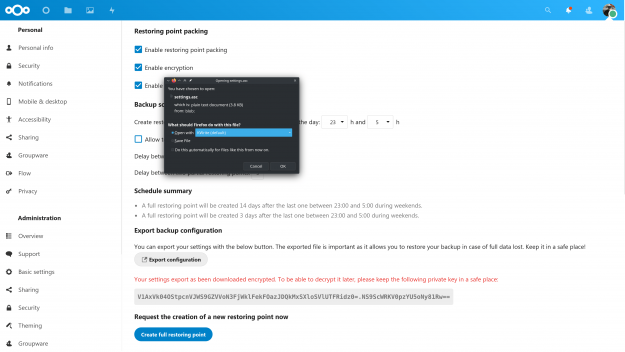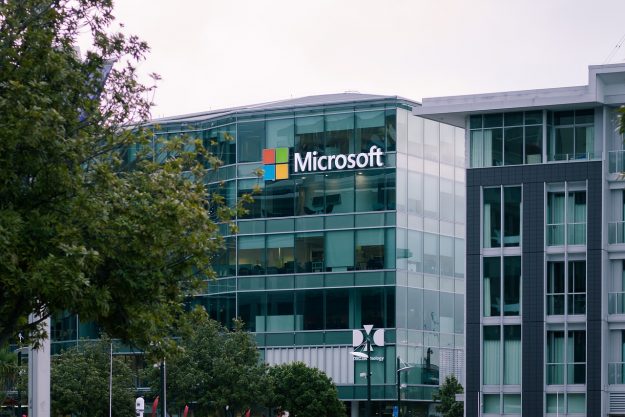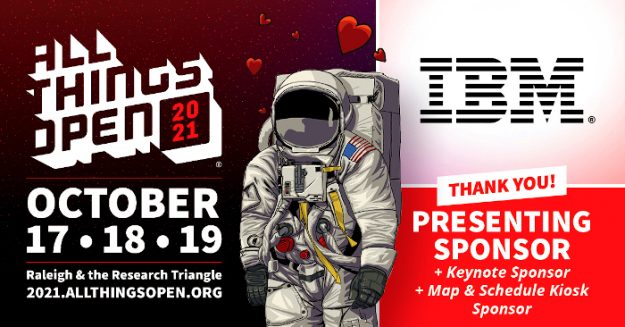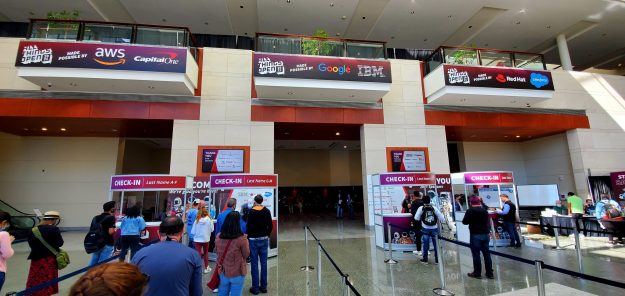Project Trident's default Lumina desktop environment is unaffected by this development and will continue to be developed and maintained for Linux and BSD users.
Posts published by “Christine Hall”
Christine Hall has been a journalist since 1971. In 2001, she began writing a weekly consumer computer column and started covering Linux and FOSS in 2002 after making the switch to GNU/Linux. Follow her on Twitter: @BrideOfLinux
Changes to Firefox's add-on policies that were announced on Wednesday, focus on privacy and security and will go into effect on December 1, 2021.
The enterprise focused FOSS cloud platform released a beta version of a backup app for Nextcloud that's designed specifically for home users.
The Firefox browser, which has been experiencing declining use for more than a decade, is the only open source brand included in Fast Company's 'BrandsThat Matter.'
Microsoft discovers that no matter how much control it wants over .NET, an open source foundation is ultimately controlled by its community.
Apache Software Foundation says goodbye to its system of mirrors that have been serving downloads of its software for more than 20 years. About a…
At this year's All Things Open conference, IBM unveiled a new cloud guide focused on open source and hybrid cloud deployments.
As ATO moves back to being an in-person event, it's not forgetting those who still need to stay at home -- by live streaming the entire event, along with many hours of additional content only available online.
All Things Open returns as an in-person event on Sunday. We talk with the event's chairperson about the steps taken to keep the event safe.










